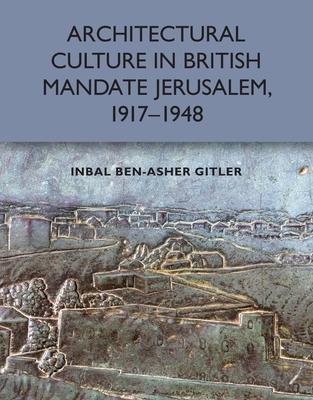Four major communities, four buildings constructing their identities in the contested urban space of Jerusalem.
This book examines a fascinating and critical epoch in the architectural history of Jerusalem. It proposes a fresh and analytical discussion of British Mandate-era architecture by studying four buildings that have had a lasting impact on Jerusalem’s built environment. Applying relational history methodology, the book reveals how these building projects evolved as an outcome of cross-cultural influences and relations among the British, American, Jewish-Zionist and Muslim-Palestinian communities. Further, the building and design processes behind these structures give new perspectives on the adaptation of modern architecture in the Middle East and the negotiation of historicism and vernacular architecture during the first half of the 20th century.












